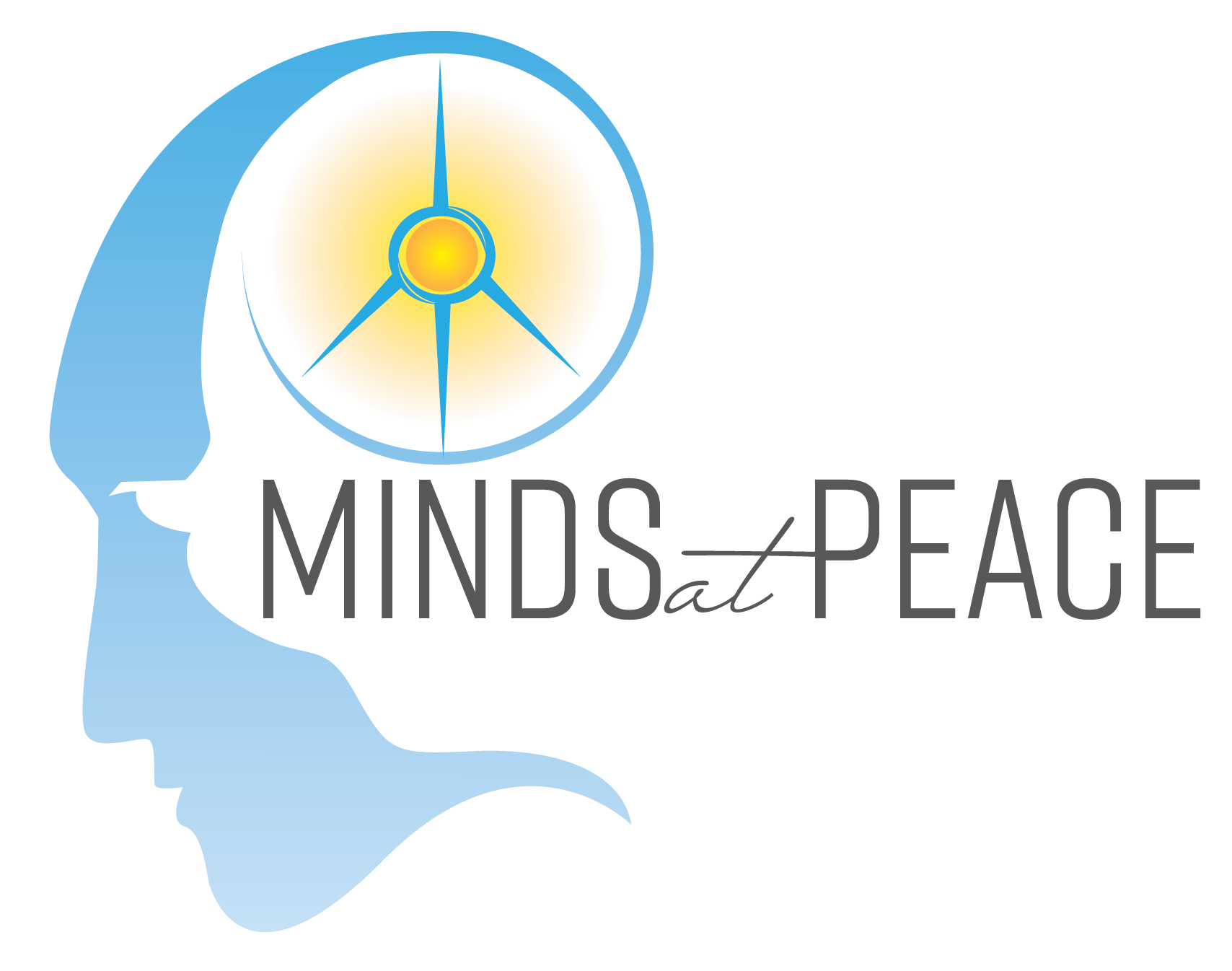5 Reasons You May Want to Stop Going to Al-anon
What if there’s another way?
If you have a loved one in addiction you already know how challenging and frustrating it is to find the right help. I’m Mark Levine, a Licensed Independent Chemical Dependency Counselor- Certified Supervisor, Life Coach and Founder of Minds at Peace LLC. I work a lot with family members struggling to find the best approach to help their loved one and themselves.
For decades the only game in town for family members appeared to be the 12 step group, Al-anon. The support and social bonding of groups like this can help people overcome a feeling of hopelessness and isolation. But for many people this may not be the right fit. Here’s 5 reasons Al-anon may not be the best approach for you.
#1 Don’t wait for “rock bottom”.
Last year there were more than 107,000 drug and alcohol overdose deaths, a record high that surpassed last year’s record high. Those numbers demand a sense of urgency, not a “wait for them to hit rock bottom” approach. As I’ve said many times, as long as someone is alive it can always get worse. Rock bottom is death. Obviously no-one is waiting for that.
#2 It’s all about connection
The opposite of addiction is connection. We know the power of social engagement from family and friends. The very notion of “detaching with love” is the antithesis of connection. I’ve had many clients whose family member attended Al-anon tell me, “I feel the detaching part, but not the love.” Detaching increases shame, rejection and self judgment, all of which is a recipe to increase substance use.
#3 Addiction is not a spectator sport
Addiction is a family disease that has to be approached from a family perspective. Whenever I hear “it’s his/her problem, let them figure it out” I know there’s an increased likelihood this relationship won’t last. In fact from my personal perspective of 20 years in the addiction field, that sentiment is much more likely to lead to divorce.
#4 It’s not about the alcohol (or the drug)
Step 1 of Al-anon says “We admitted we were powerless over alcohol—that our lives had become unmanageable.” The problem with this statement is that it misses the underlying reason for the addiction, and WHY your life has become so difficult. It’s not because your loved one has an excessive thirst problem and decided alcohol was the best way to quench it. Most, if not all addiction is associated with an underlying trauma. Failure to understand what’s happening “upstream”— the reason someone drinks and only concentrating on the stuff “downstream” —the consequences of the drinking, prevents you from engaging your loved in a collaborative relationship and ignores the underlying trauma.
#5 You’re not codependent
This may be a shocker but guess what, you’re not codependent. You don’t have a pop psychology pathology because a loved one has an addiction. That’s right. The American Psychiatric Association and American Psychological Association do not recognize codependency as a clinical illness and it’s not listed in the DSM-V, the bible of mental health abnormalities. Instead you are most likely reacting normally to a highly abnormal situation. There’s nothing wrong with you and certainly nothing that requires you to attend meetings for the rest of your life.
There’s another way.
One that’s based in science, and one that also emphasizes self care. The Invitation to Change model is based on CRAFT (Community Reinforcement and Family Training) and combined with proven clinical skills Motivational Interviewing (MI) and Acceptance and Commitment Therapy (ACT) This model recognizes that all behaviors make sense— to that person, and by understanding, not judging, shaming, or yelling you can begin the process of motivating someone to change.
Instead of detaching with love, do what comes naturally, engage with love and learn the communication skills to connect and invite change. You don’t need a Master’s Degree to learn these skills. But you do need patience, the understanding that recovery is a process, and the willingness to practice these skills.
This approach also emphasizes the importance of self care. I say all the time, “self care isn’t a luxury, it’s a requirement”.
Another feature of the Invitation to change approach is that one size does not fit all. If your priority is your own physical or emotional safety then you may need to physically separate from that source of the stress. Just like the book we read our kids, Safety First.
But if you’re looking for a way to motivate your love one to change and also maintain your own self care, there’s another way.
Are you ready to learn? Here’s my contact information to inquire about individual coaching for family members and also a link to my free ebook and Facebook group Empowering Families in Addiction.
Be good to you.



